James Mangold Admits He’s Maligning Indiana Jones’ Character, Says Audiences Will “Have To Readjust And Retool Their Brains For This Guy”
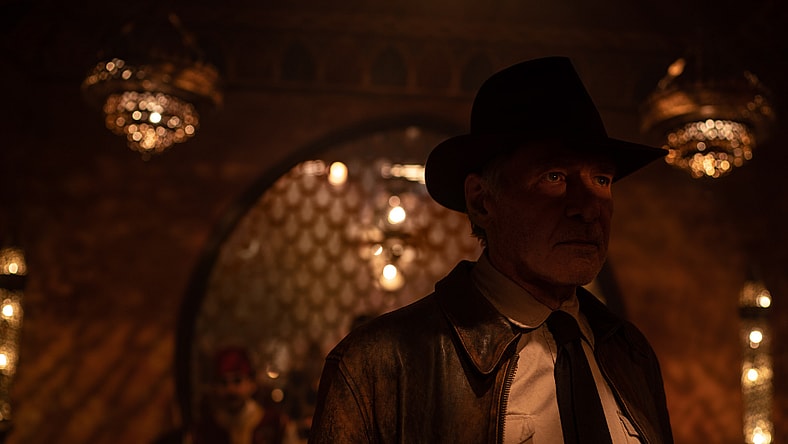
Indiana Jones and the Dial of Destiny director James Mangold admitted what many feared that he, Disney, and Lucasfilm would do to Indiana Jones: they are maligning his character in a similar fashion to how Rian Johnson did to Luke Skywalker.

Speaking with The Hollywood Reporter, Mangold stated, “We can’t hide from where we are in our lives — none of us can — and neither can Indiana Jones.”
He elaborated, “I wanted to follow Harrison’s own lead and simply deal with it straight on. It’s not just a movie about a hero in his twilight years who is called back into action.”
“It’s more than just that his bones might ache, it’s that his soul might ache, or that some of his optimism or sense fitting into the world might have evaporated,” he detailed.
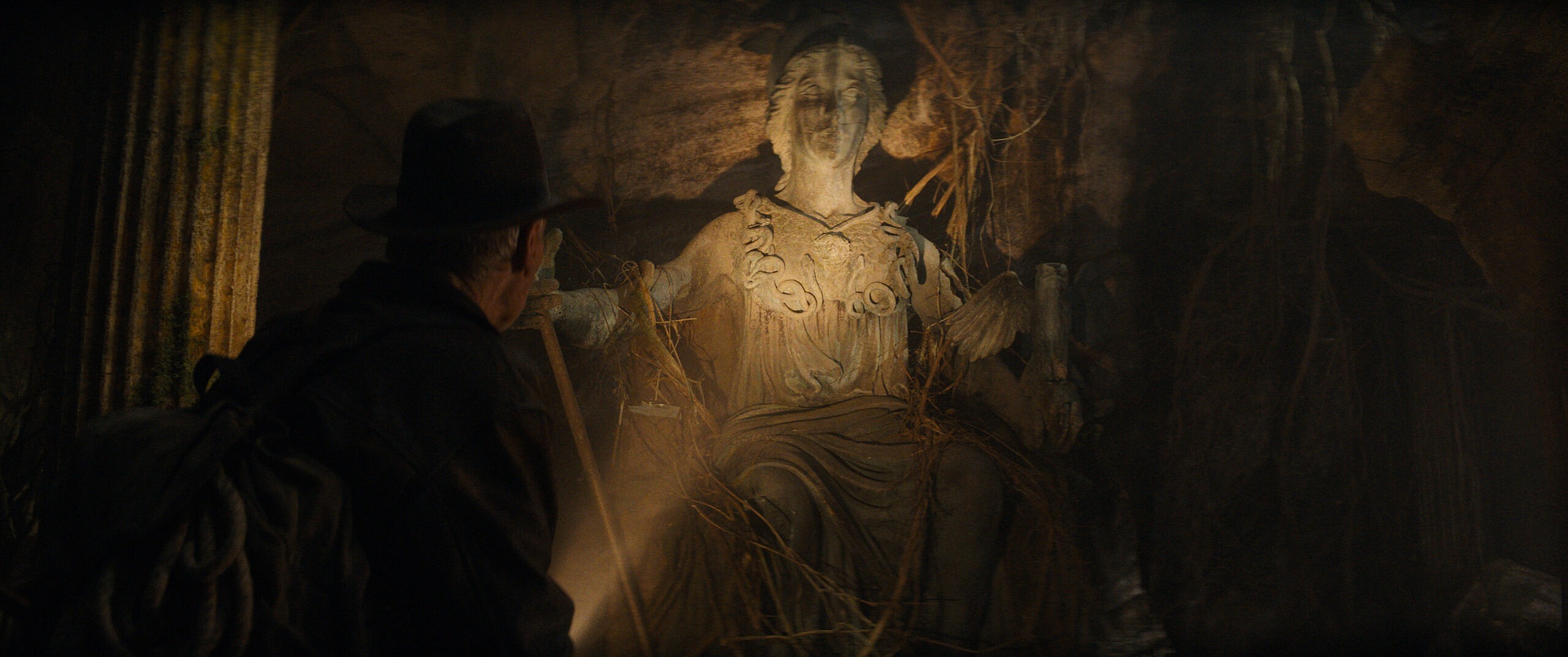
Mangold then justified his decision to malign the character saying, “The mistake you can make in movies — and we’ve all seen movies like this — is where someone is of a ripe age, but the entire movie is continuing this charade along with them that they’re not that old.”
This is a ridiculous explanation. Just because someone ages does not mean they would lose their sense of optimism or have their soul ache. Certainly someone like Indiana Jones would not act this way especially after having seen the example of his father act in the complete opposite way.

Mangold would further reveal he’s moving away from the tried and true action adventure formula that led to the success of the original Indiana Jones trilogy.
He said, “The first three Indiana Jones movies took place in roughly the same period. They all easily fit with the serialized, theatrical, almost screwball-action style of the movies that were being released in the period they’re set in.”
Mangold then posited, “The challenge for [director Steven Spielberg] on [Crystal Skull], and for me on this one, is: How do you move forward into new decades where the world is no longer seen in such clear demarcations of black and white and good and evil? Where the whole concept of raiding tombs and fighting over relics is looked at in a different way?”
“It’s not about changing the story but allowing the character to experience how the world has changed around him,” Mangold explained.
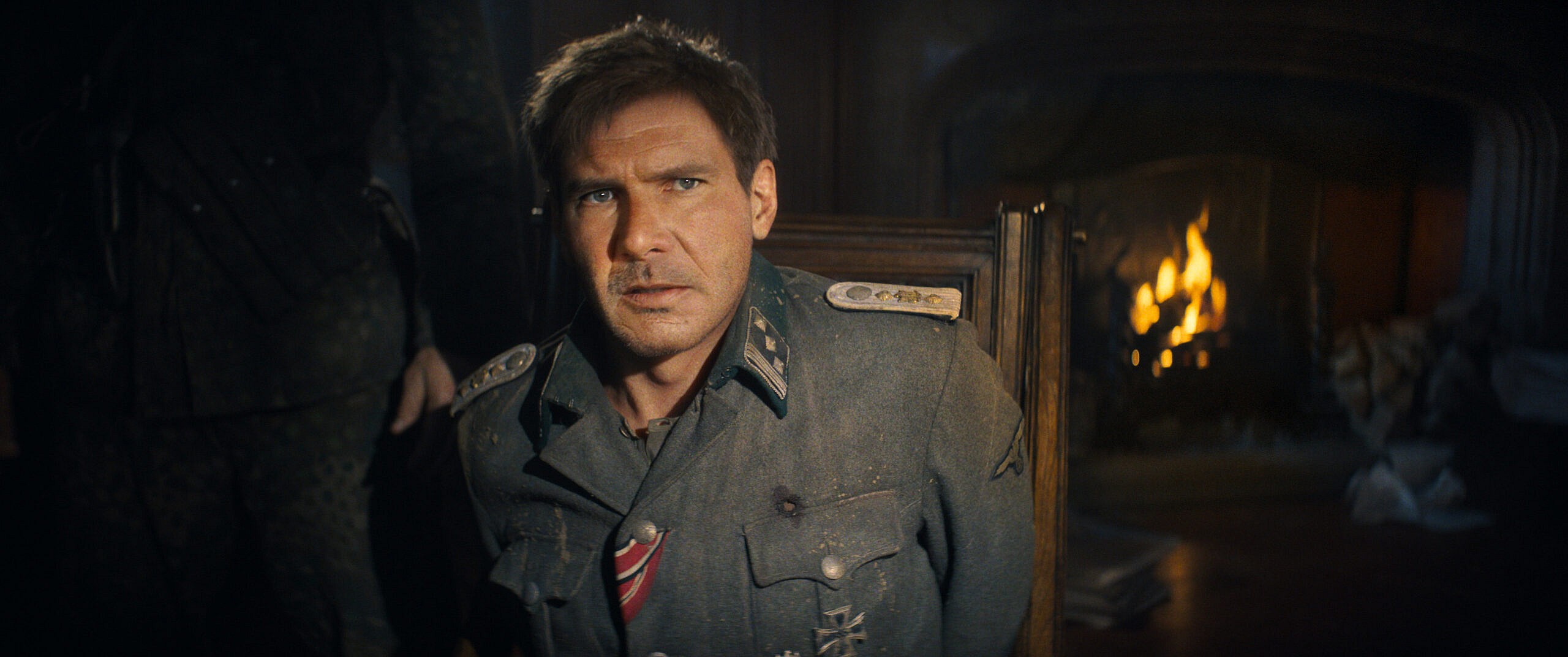
Mangold went on to push the idea that everything is gray now and somehow in the past it was all black and white, which any historian worth his salt would point out is a complete and utter lie.
He told The Hollywood Reporter, “And our perception of politics is more gray. Who’s a villain? Who are we working with? Who are we fighting against? Proxy wars, all of that. It’s not as simple as the era around World War II.”
“What happens to a hero built for a black-and-white world, when he finds himself in one that is gray? It’s a problem that produces humor, produces contradictions, produces adjustments that this character’s going have to make,” Mangold claims.
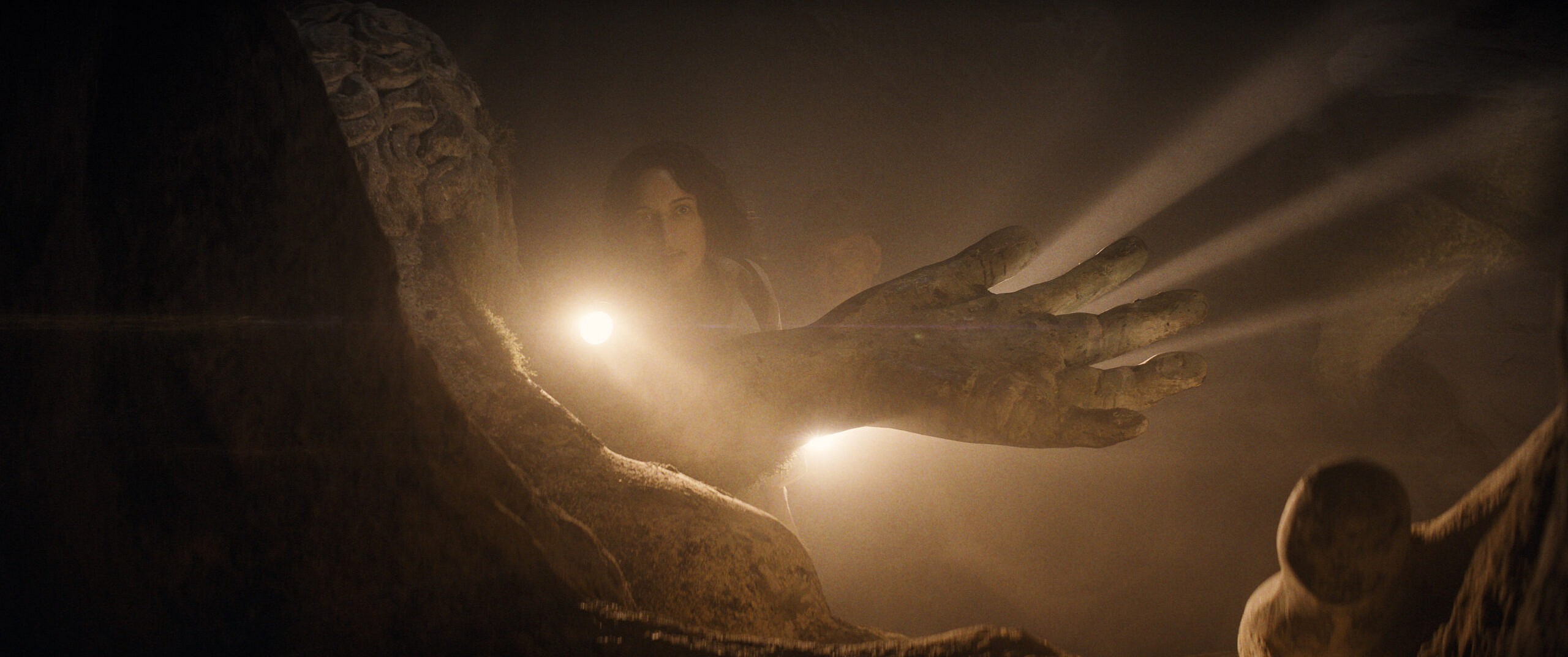
This might be the dumbest thing Mangold tells The Hollywood Reporter. The world has not suddenly become gray. Morality still exists. Good and evil still exist. They haven’t all of a sudden evaporated in less than a century.
A character like Indiana Jones would choose the right thing. He would still have a strong moral compass. He would still see things as black and white as good and evil. He wouldn’t buy into the idea that there’s somehow a morally gray area because there isn’t.
Indiana Jones is a man who came into direct contact with the Ark of the Covenant as well as the Holy Grail. He knows fully well God does indeed exist.
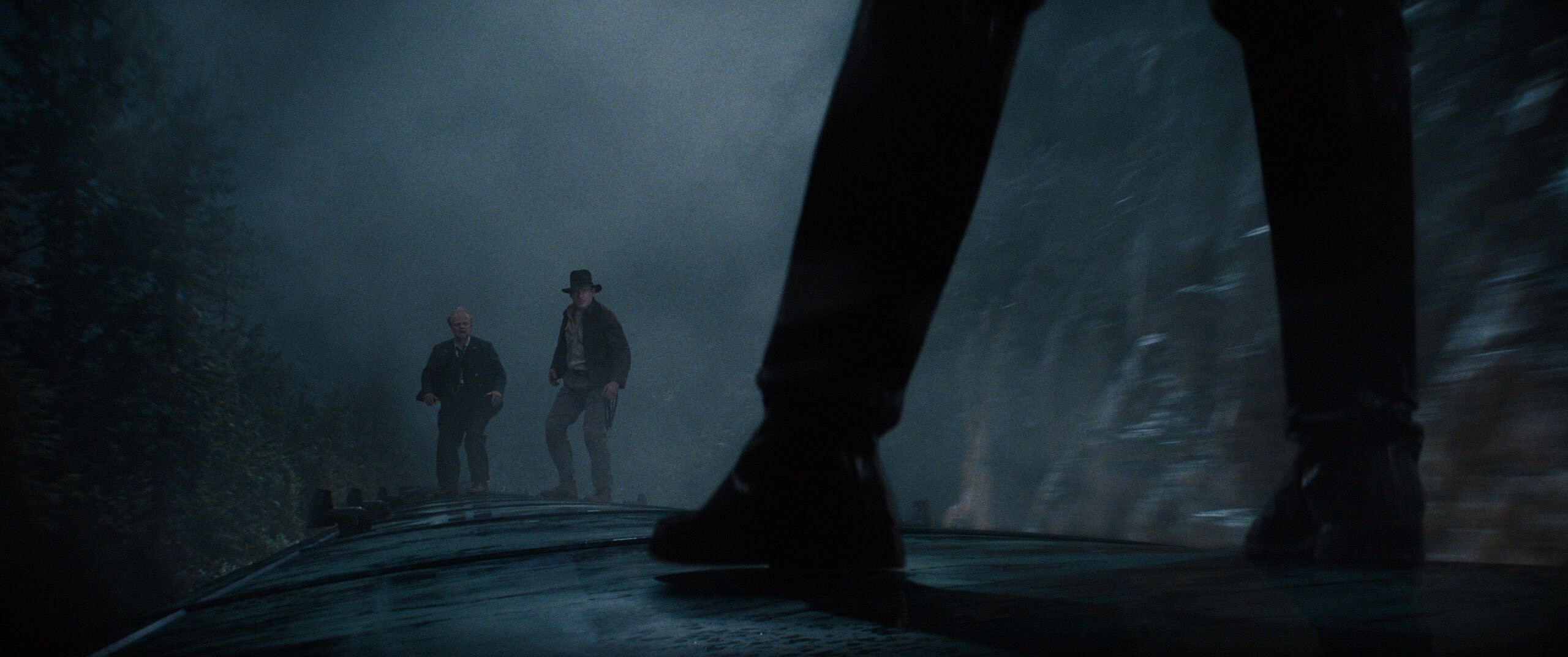
Speaking to the fact that actor Harrison Ford will be de-aged and the opening of the film show’s Jones in his glory days, Mangold said, “It reminds the audience of the contrast between a hero in his physical prime and a hero at 70.”
“We’re not relying solely on the audience’s memory of the previous films. It reminds everyone what he’s done, what he’s survived, what he’s accomplished,” Mangold relays.
He then notes, “By showing him in his most hearty and then finding him at 70 in New York City, it produces for the audience a kind of wonderful whiplash of how they’re going to have to readjust and retool their brains for this guy.”
“His past is a live memory for the audience, hanging over a man who is now living with anonymity in a world that no longer cares or recognizes the things he felt so deeply about,” Mangold elaborates. “You’re left with a multilayered perception of his character, both what he was and what he is, and how the world is different between the first 20 minutes of the movie.”
So not only is he maligning Jones’ character, he’s going to make sure you know just how much he’s maligning the character. It’s a rather bold move, we’ll see how it plays out for him.

One thing that won’t change, at least according to Mangold, is Jones’ problem solving skills.
“Indy’s always looked to find the easy way out of a conflict. He uses his brain to solve a puzzle in the midst of something threatening his life. He’s not a character who was built on being a gunslinger or a Marvel-style brawny, muscle hero. He’s always looked for the quickest way out of a situation, and that only increases when you’re 70. So his need to find ingenious ways out of a problem increases,” the director said.

Mangold’s confession shouldn’t surprise anyone who watched the first Indiana Jones and the Dial of Destiny trailer. The trailer made a point to show that Indiana Jones was a beaten down man.
A voice over from John Rhys-Davies’ Sallah tells Jones, “I miss the desert. I miss the sea. And I miss waking up every morning wondering what wonderful adventure the new day would bring to us.”
A defeated Jones replies, “Those days have come and gone.”
What do you make of Mangold’s confession that he is maligning Indiana Jones’ character and did so purposely?
